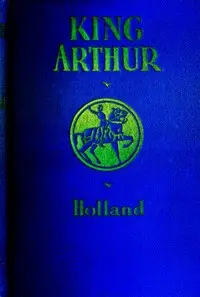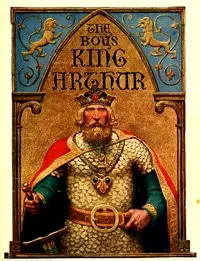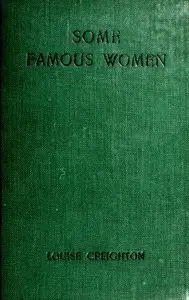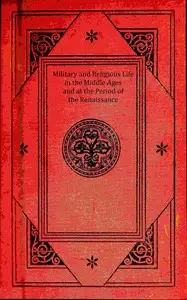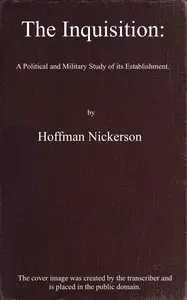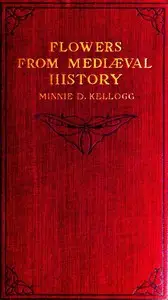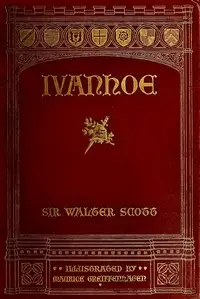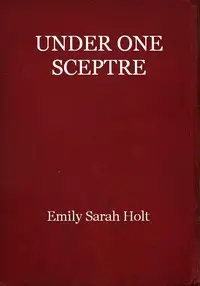"Le Morte Darthur" by Sir Thomas Malory is a legendary epic narrative and historical romance written in the late 15th century. The book recounts the tales of King Arthur, his knights, and the legendary events surrounding the Round Table. Its focus is on themes of chivalry, honor, and the complexities of love and betrayal, primarily featuring iconic figures such as King Arthur, Guinevere, Lancelot, and the quest for the Holy Grail. The opening of "Le Morte Darthur" introduces the reader to the origins of the Arthurian legend, beginning with the story of Arthur's conception under the reign of Uther Pendragon and leading into his rise to kingship. The text suggests a blend of historical detail and mythical narrative as it explores Arthur's relationships with key figures, such as Merlin, and the establishment of the Round Table. Furthermore, Malory's prose captures significant events that shape the destiny of Arthur and his knights, hinting at the trials of love and loyalty that they will face, setting the stage for the epic journey of honor against adversity throughout the narrative. (This is an automatically generated summary.)
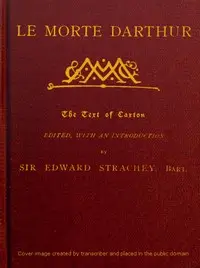
Le Morte Darthur Sir Thomas Malory's Book of King Arthur and his Noble Knights of the Round Table
By Thomas Malory
"Le Morte Darthur" by Sir Thomas Malory is a legendary epic narrative and historical romance written in the late 15th century. The book recounts the t...
Sir Thomas Malory was an English writer, the author of Le Morte d'Arthur, the classic English-language chronicle of the Arthurian legend, compiled and in most cases translated from French sources. The most popular version of Le Morte d'Arthur was published by the famed London printer William Caxton in 1485. Much of Malory's life history is obscure, but he identified himself as a "knight prisoner", apparently reflecting that he was either a criminal, a prisoner-of-war, or suffering some other type of confinement. Malory's identity has never been confirmed. Since modern scholars began researching his identity the most widely accepted candidate has been Sir Thomas Malory of Newbold Revel in Warwickshire, who was imprisoned at various times for criminal acts and possibly also for political reasons during the Wars of the Roses. Recent work by Cecelia Lampp Linton, however, presents new evidence in support of Thomas Malory of Hutton Conyers, Yorkshire.




